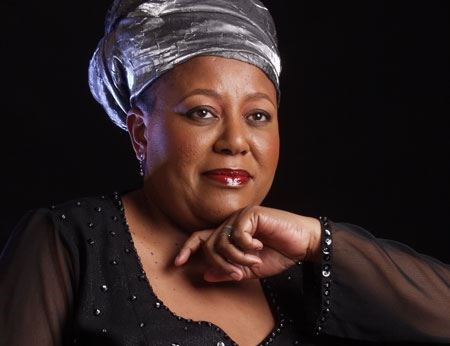 |
| (affrodite.net) |
Apartheid is a word that was used for the National Party in the 1940’s of South Africa. It means, in Afrikaners language, apartness. This policy all started when the White settlers came to South Africa in 1652. The social aspect of Apartheid became systematized under the law, after the White Nationalists became in power in 1948. As soon as this happened, they took extreme action in separating the different races in different Areas of South Africa. There were four different categories. One was Black Africans, the second was the whites, and the third was the coloureds. Later there was a fourth which was added on. That was the Asians, Indians, and Pakistanis. This was known as the Population Registration Act of 1950.
As apartheid began there were many laws that made it happen. The Group of Areas Act of 1950 was a law in which different races were segregated into different residential and business sections in urban areas. Another law was The Land Acts of 1954 and 1955, in which there was restrictions where non whites were allowed to be. This law didn’t allow nonwhites to own land. They would be separated from different areas of the whites. They enforced segregation of public places, educational systems, and the jobs were divided making it extremely hard for a black to become successful in life.
The Promotion of Bantu Self-Government Act of 1959 made the divisions even more complicated due to having ten different African homelands. They were all divided up into different tribal organizations. The Bantu Homelands Citizenship Act of 1970 made it to where Blacks became citizens of their own homeland. Once you became a citizen in your homeland it made you excluded from South African politics. Because of the homelands un-official natural resources, they were unable to become independent states.
Throughout apartheid there were many blacks and black political groups who strongly opposed apartheid. They would use a variety of tactics like, strikes, demonstrations, violence, and sometimes sabotage. When Great Britain and the United States heard about the apartheid, they imposed selective sanctions on South Africa about their racial policies.
In the early 1990’s, the pressure became too much for South Africa’s president, F.W. de Klark, where he began to dismantle the system. In 1990 the National Party worked extremely hard on banned black congresses and to releasing imprisoned black leaders. By 1994 the constitution was rewritten and for the first time in history there was a free general election in which Nelson Mandela, the first black president of South Africa, was elected.
Miriam Makeba was born in 1932, in Johannesburg, South Africa. Miriam was also known as Mama Africa. She died when she was 76 years old from a heart attack. Miriam Makeba was a singer. She started to sing in the 1950’s.
She first sang with the Cuban Brothers, then the Manhattan Brothers, then a female group called Skylarks. In 1959 she won the leading female voice of the famous King Kong. She won a Grammy award in 1969. In 1963 Miriam Makeba testified about apartheid before the U.N., because of that, she got her rights taken away from her, including her citizenship. She decided to stay in the United States as a black singer and leader. Soon after her marriage to Stokley Carmichael, her promoters canceled her concerts and the two of them moved to Guinea.
Then, finally, in the 1980’s she returned to South Africa as a free civilian. Her fans saw her as not only an inspirational singer, but person as well. She used her music to express herself and higher the awareness of apartheid. Miriam Makeba was definitely a supporter of non-violence for her goal was peace around the world. Which is why she had such a strong passion for singing, it’s how she increased awareness and hope for everyone.
Miriam Makeba was born in the middle of the apartheid. Growing up in one of the townships she was inspired to create music about her hardships.
With ties to activists such as Nelson Mandela and international fame for her music she became one of the influences that lead to an end of the apartheid. Most of Miriam’s lyrics try and relate to her home. Miriam showed the world the horrors of the apartheid through calming music.
Miriam started to sing at a young age. Her lyrics grew into more than just words and into meanings and a picture. Her fame gave her an easy way to get the public’s attention to South Africa and the apartheid. While the majority of her work is in her singing Miriam also did public appearances and spoke out for civil rights. Miriam traveled but eventually ended up performing mainly in South Africa and Europe.
The attention from the world that Miriam brought to the world concerning the apartheid did more than just bring up the topic. She helped create the force that destroyed the apartheid. By bringing people the issue she also gave the issue to the world’s government. In the end government’s pressure on South Africa lead to the removal of the segregation.
Ewens, Graeme. "Miriam Makeba." 11 Nov. 2008. Web. 1 Jan. Web. 1 Jan. http://www.africanmusic.org/artists/makeba.html.
Makeba, Miriam Biography. Web. 1 Jan.
Page created on 3/8/2010 11:01:39 AM
Last edited 3/8/2010 11:01:39 AM
